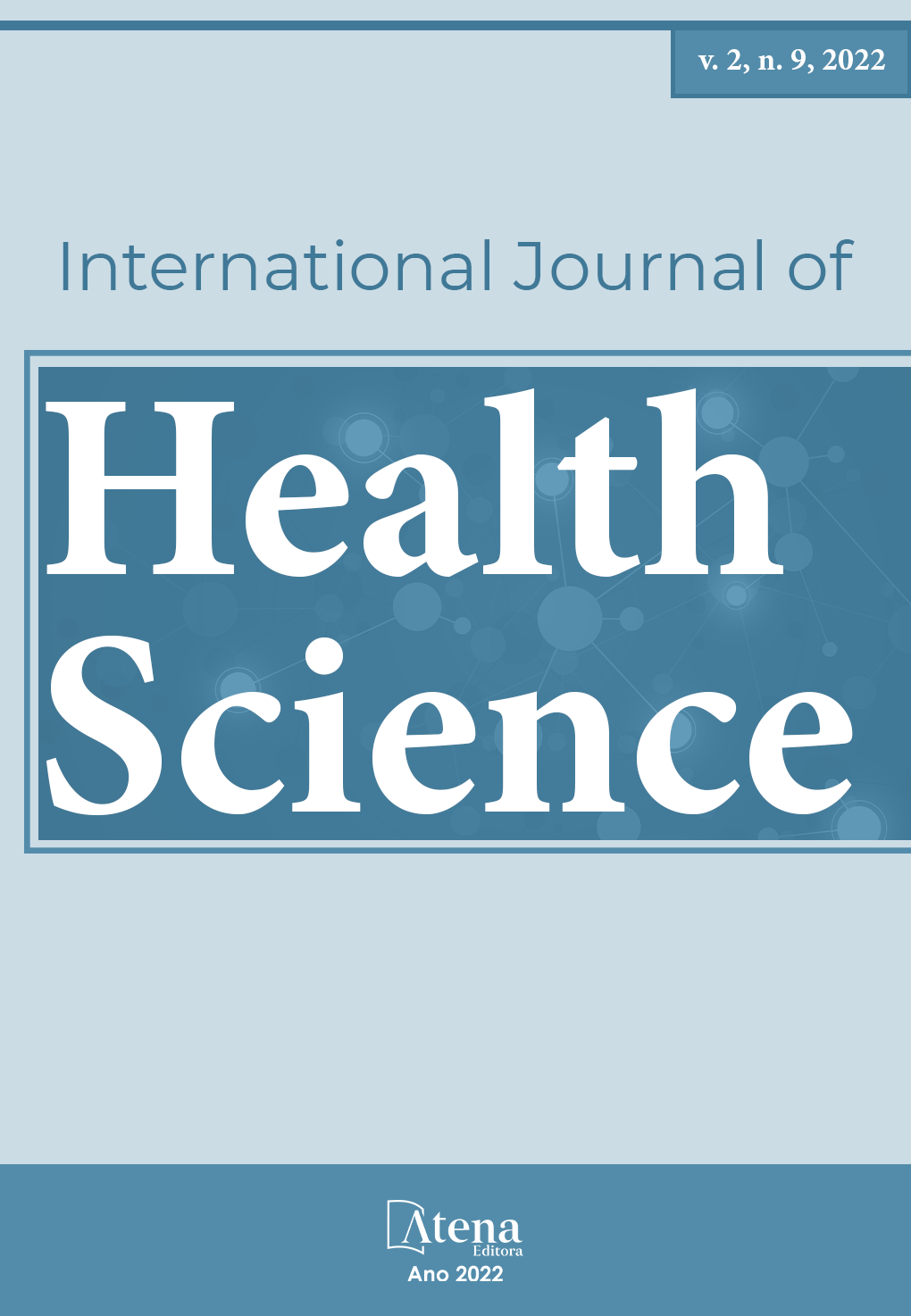
CASE REPORT: PHARMACOLOGICAL MANAGEMENT IN THE PATIENT WITH PARKINSON'S DISEASE
Goal. Study and signal the importance of perioperative management, focusing on adequacy to patients with Parkinson's Disease. Method. Analysis of data from medical records, with the patient's consent, provided by HCTCO - Hospital das Clínicas de Teresópolis Constantino Ottaviano. In addition to reviewing articles on the subject. Result. Parkinson's disease (PD) is a progressive degenerative disease, with a genetic background, which destroys dopaminergic cells in the substantia nigra in the central nervous system. In this case, the patient J.R.M. evolved with stiffness during the immediate postoperative period. The first therapeutic option, via nasogastric tube, is Levodopa, whose benefit is even greater when in association with Carbidopa, reducing the peripheral conversion of levodopa and, consequently, its undesirable side effects. Considering that there was no initial need to install a nasogastric tube in the preoperative period, with the risk of inducing the gag reflex and subsequent bronchoaspiration, at this time, the option of expectant management and support is an important alternative. Conclusion. Patients with PD have difficult perioperative management, from the point of view of anesthesiology. Suspension of antiparkinsonian drugs is contradictory, and it is recommended, whenever possible, to maintain these drugs, even via the nasogastric route, in patients with PD, as well as the use of pharmacological alternatives for adequate anesthesia in this population. It is necessary to carry out further studies on drug interactions in general anesthesia in patients on regular treatment with antiparkinsonians in order to present fewer risks and greater benefits for the target population.
CASE REPORT: PHARMACOLOGICAL MANAGEMENT IN THE PATIENT WITH PARKINSON'S DISEASE
-
DOI: 10.22533/at.ed.159292216026
-
Palavras-chave: Parkinson's disease. Dopamine. Perioperative management.
-
Keywords: Parkinson's disease. Dopamine. Perioperative management.
-
Abstract:
Goal. Study and signal the importance of perioperative management, focusing on adequacy to patients with Parkinson's Disease. Method. Analysis of data from medical records, with the patient's consent, provided by HCTCO - Hospital das Clínicas de Teresópolis Constantino Ottaviano. In addition to reviewing articles on the subject. Result. Parkinson's disease (PD) is a progressive degenerative disease, with a genetic background, which destroys dopaminergic cells in the substantia nigra in the central nervous system. In this case, the patient J.R.M. evolved with stiffness during the immediate postoperative period. The first therapeutic option, via nasogastric tube, is Levodopa, whose benefit is even greater when in association with Carbidopa, reducing the peripheral conversion of levodopa and, consequently, its undesirable side effects. Considering that there was no initial need to install a nasogastric tube in the preoperative period, with the risk of inducing the gag reflex and subsequent bronchoaspiration, at this time, the option of expectant management and support is an important alternative. Conclusion. Patients with PD have difficult perioperative management, from the point of view of anesthesiology. Suspension of antiparkinsonian drugs is contradictory, and it is recommended, whenever possible, to maintain these drugs, even via the nasogastric route, in patients with PD, as well as the use of pharmacological alternatives for adequate anesthesia in this population. It is necessary to carry out further studies on drug interactions in general anesthesia in patients on regular treatment with antiparkinsonians in order to present fewer risks and greater benefits for the target population.
-
Número de páginas: 13
- Jader de Sousa e Souza
- Guilherme Abreu de Britto Comte Alencar
- Victória Sant’Anna Marinho


